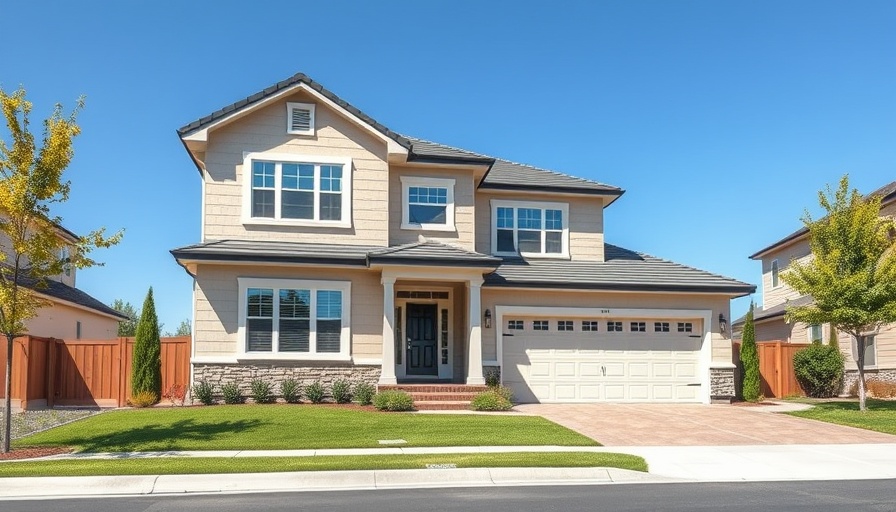
Understanding the Diverse Types of Homes Available
When it comes to finding the right house, choices abound, especially in today's vibrant real estate market. Whether you're in search of a cozy cabin or a grand mansion, understanding the various types of houses can greatly enhance your house-hunting experience. Here’s a closer look at different house styles that might fit your needs.
Single-Family Homes: The Classic Choice
Single-family homes are perfect for those prioritizing space and privacy, often featuring multiple bedrooms and outdoor areas. They provide the opportunity for customization and a sense of community, especially in suburban areas. Homeowners enjoy the freedom of designing their space while also having options for rental income.
Accessory Dwelling Units (ADUs): Flexibility and Versatility
ADUs are smaller homes located on the same property as a larger one, making them ideal for guests or generating rental income. They can be anything from a converted garage to a detached small home, appealing to those looking for flexibility in their housing arrangements.
Mansions: The Pinnacle of Luxury Living
If grandeur is what you desire, mansions offer that and much more. These expansive homes often feature luxury finishes, multiple rooms, and leisure spaces like pools and home theaters. Perfect for individuals or families looking to make a statement, mansions symbolize wealth and comfort.
Cabins: Embracing Rustic Charm
For those seeking a retreat from city life, cabins provide a rustic and charming option. Usually crafted from natural materials, these homes often blend seamlessly with nature, making them a popular choice for vacation properties.
McMansions: Space Without Character
The term 'McMansion' describes large, mass-produced homes typically built in suburbia. Although they provide ample space, their generic design has raised concerns about community identity and sustainability. These houses represent an approach to homebuilding that prioritizes quantity over quality.
Why Knowing House Types Matters
Familiarity with the different types of homes on the market empowers buyers and renters to make informed decisions. By understanding the unique features and potential challenges of each option, you can align your home choice with your lifestyle needs. Remember, your home reflects not just where you live, but also who you are.
As you embark on your house-hunting journey, keep these types in mind to help streamline your search, whether it’s a rental or a purchase. Every type offers unique benefits tailored to various lifestyles.
 Add Row
Add Row  Add
Add 




Write A Comment